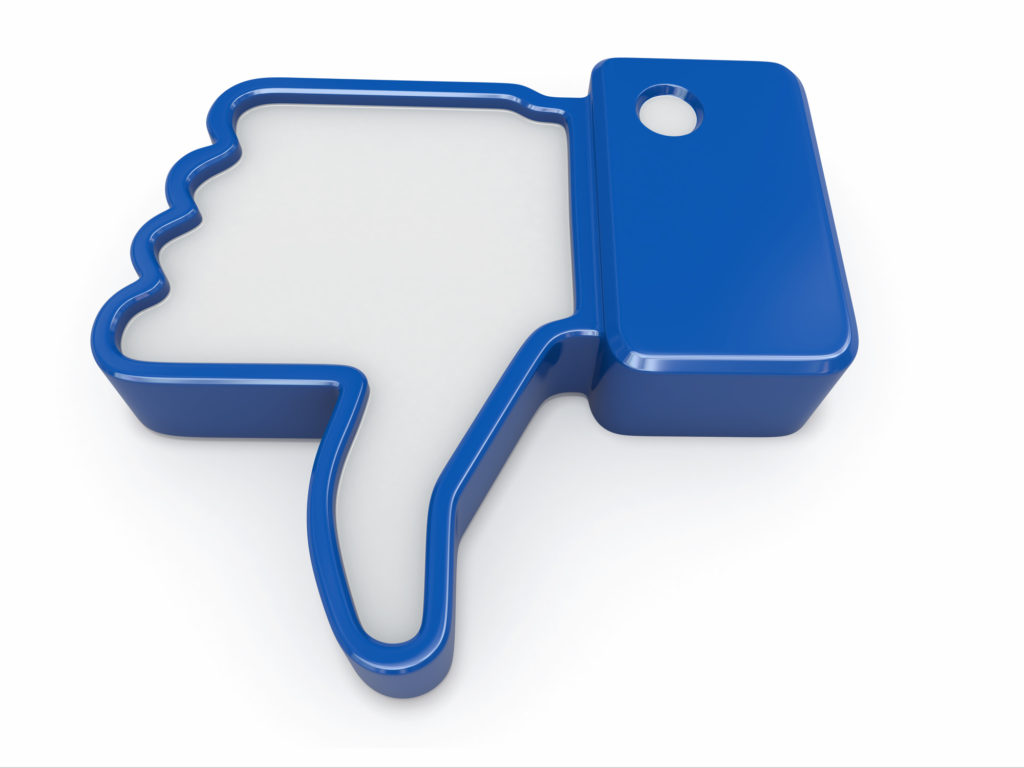
In January 2018, Facebook publicly announced it was going to take a deep dive into cryptocurrencies. That same month, Facebook removed all ads from its platform that promote “initial coin offerings or cryptocurrency”. Facebook’s policy was “intentionally broad” and banned “all ads related to cryptocurrencies — not just those directly trying to sell cryptocurrencies or cryptographic tokens.” One example of a banned ad was provided by Facebook: “Click here to learn more about our no-risk cryptocurrency that enables payments to anyone in the world”.
In other words, Facebook’s “Libra Coin” – described as a “low-volatility cryptocurrency” for global payments in the sort of White Paper written for every ICO ever launched, began percolating at the very exact time Facebook banned ads about ICOs and cryptocurrency.
Facebook’s crypto advertising ban and duopolistic reach pretty much sums up why potential users should be careful before jumping on the Libra bandwagon. In what can only be considered ironic, the “Libra Coin” is not even a true cryptocurrency or even built on a blockchain – it is apparently the token for a permissioned payment network that is partially decentralized while requiring the disclosure of sensitive authentication data as well as use of the Calibra wallet owned and operated by Facebook itself. Most importantly, as a node on the network Facebook will also have access to all consumer transaction data flowing on the network. Like icing on a global cake, by being part owner of a de facto bank, Facebook will also get to share in any float interest.
Those premier venture firms and companies who have anted up to align with Facebook’s project may believe in the collective end game but to align now with Facebook simply because of its tremendous reach will likely be a mistake for them as well as the consuming public.
UPDATE: October 13, 2019
On October 4, 2019, PayPal withdrew its participation in the Libra Association. And, on October 11, 2019, Visa, Mastercard, eBay, and Stripe joined with Paypal in also withdrawing their participation in the Libra Association. Some have suggested these major payment industry defections spell the death knell for Facebook’s Libra project. In response, Facebook publicly stated the defections were “liberating” and understands why these companies chose not to continue taking the regulatory pressure. Given the significant regulatory hurdles that stand in the way of Libra’s successful launch, Facebook’s proposed privacy-killing “new global currency” will thankfully never see the light of day in its current form.